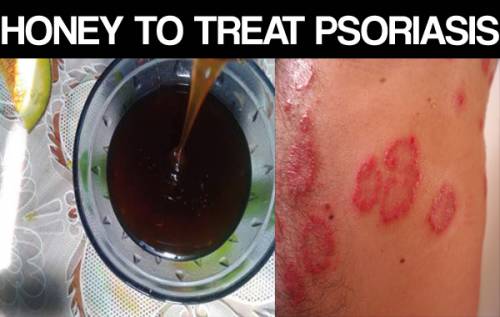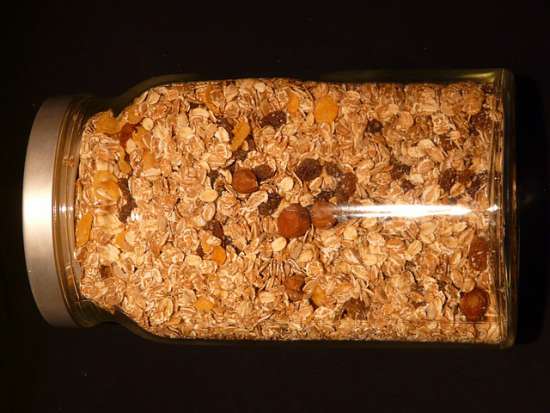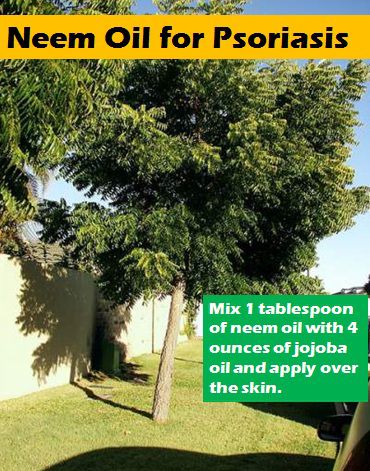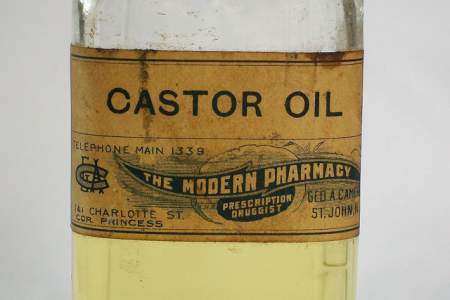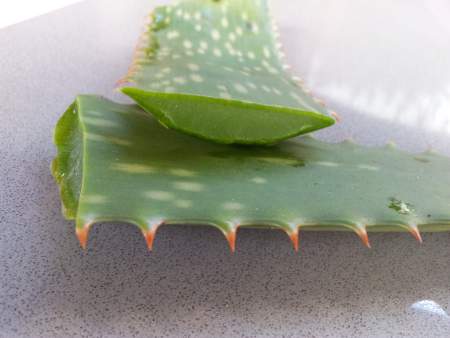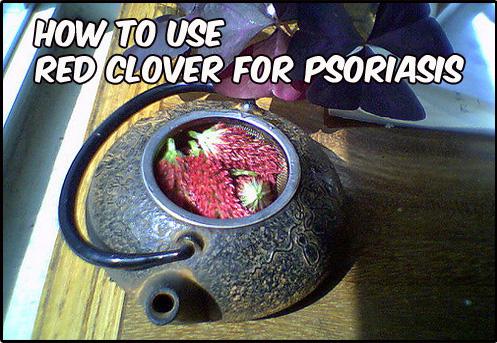Your skin is one of the most critical parts of our body. In addition to providing protection from the outer atmosphere, skin also gives your body a beautiful look. Though, a large number of people, in fact, most of the population of the world are suffering from certain types of abnormal skin conditions or skin diseases.
Skin diseases like eczema, acne, warts, pimples, chickenpox, mycosis, psoriasis, etc. are widespread thanks to different environmental, genetic, and behavioral factors.
A sedentary and less active lifestyle including improper diet and lack of physical activities is undoubtedly one of the most common causes behind most of the skin diseases. In this article, we are going to learn properly about a widespread and hard to diagnose skin disease- Psoriasis.
The primary motive is to understand correctly about turmeric for psoriasis. Before discussing turmeric, its medicinal properties and how it is useful in case of psoriasis, we should have an idea about psoriasis. What is actually psoriasis? Which type of people has more chances of getting affected with psoriasis?
How and why turmeric is good for psoriasis?
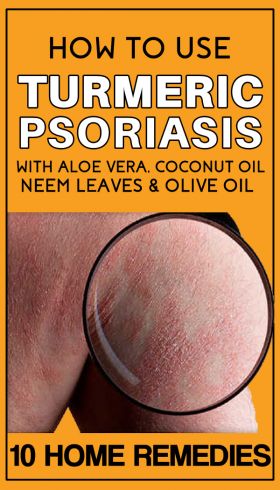
The article will talk about how to increase the effectiveness of turmeric by using it smartly, and also go through some of the handy and useful recipes of turmeric for psoriasis. Last but not least, we will have a proper idea about how to prevent psoriasis.
What Causes and Who Gets Psoriasis?
Psoriasis is a chronic skin condition which generally produces itchy, scaling and thickened skin. It is usually considered as an incurable long-term inflammatory skin condition. The person suffering from psoriasis can experience different types of skin conditions from improving to worsening. Now, let’s have some idea about the causes of psoriasis.
Actually, the proper cause(s) of Psoriasis is still not known. But after so many researches and studies, scientists and dermatologists believe that Psoriasis can happen due to two main factors- genetics and immune system. Genetics is one of the apparent reasons for Psoriasis.
People affected with Psoriasis are believed to transfer this skin condition to the next generation. It can even skip a generation or two. If you have an idea about the presence of Psoriasis in your previous generation(s), you should be aware that it can also haunt you.
Another possible cause behind psoriasis is immune system. Yes! Your own system- the protector can be the destroyer of your health. Psoriasis is an autoimmune system- which can be proved deadly for your body and health.
When your body is affected by any type of autoimmune condition, WBCs present in your body (known for their protective actions) start working against the cells of your own body. In case of psoriasis, WBCs begin attacking the skin cells, causing abnormal skin condition(s).
Is Turmeric Good for Psoriasis?
Yes! Turmeric is not only good for psoriasis, but it is also advantageous in different health conditions, especially skin conditions. So, let’s find out which properties of turmeric make it so good for psoriasis.
1. Anti-inflammatory Properties
Any type of skin abnormality causes injury to the skin cells. Inflammation is the earliest response to any abnormal skin condition. It is not possible that there is no inflammation of the skin in case of psoriasis.
Turmeric has been used since ancient time to reduce the swelling of the skin. By applying it correctly on the affected area, it is possible to reduce the swelling of the skin and hence, the severity of psoriasis.
2. Great healing properties
There is curcumin present in the turmeric, which is known as a beneficial healing agent. Curcumin makes turmeric very useful to heal any type of skin condition including psoriasis on any part of the body.
3. Very handy to control skin infection
There are so many infection-causing agents present in the atmosphere. Our skin is always at risk of getting infected with different infection-causing agents. Any type of skin is going to aid the spread of psoriasis, and it can also affect the other parts of the body. Turmeric can be very effective to reduce the infection and hence severity and spread of psoriasis.
4. Very strong antioxidant
Turmeric is also known for its anti-oxidative properties. Anti-oxidants are very beneficial for our health including skin. Free radicals are responsible for different types of health-related problems including unhealthy skin condition and aging. Anti-oxidants provide complete protection to our body from free radicals.
Curcumin present in the turmeric can neutralize free radicals due to its chemical structure. By providing protection from free radicals, turmeric can be very useful in stopping psoriasis to get more severe and hence can also aid the healing process.
5. Very efficient to combat depression
Depression is one of the most common causes behind increasing in the severity of psoriasis. It is useless to treat any disease or any alteration of the health without treating depression. Curcumin is a very effective antidepressant, and hence, turmeric can reduce the severity of psoriasis by decreasing the depression.
6. Maintains the tonicity of skin
Direct application of turmeric can improve the overall health of skin including its tonicity. Maintaining the tonicity of the skin can also prove very handy to reduce the effects of psoriasis on the surface. Turmeric is one of the best treatment for all types of skin related problems. It can significantly increase the tonicity of the skin and hence can combat the effects of psoriasis.
How to Use Turmeric for Psoriasis?
Using turmeric is a different thing and using it smartly is another. You can increase its effectiveness by using it with some other ingredients, known for being beneficial for skin. Let’s have a look at some of the very active recipes with turmeric for psoriasis. We will also look at the benefits of other ingredients used in these recipes.
Note: As we have already learned a lot about the benefits of turmeric, we will only discuss the benefits of other ingredients used in each recipe.
#1 Turmeric Tea
- Take 4 cups of water and add 1 tbsp. turmeric and 1 tbsp. black pepper.
- Boil the mixture for 10 minutes and then bring on simmer for 2 minutes.
- Remove the mixture from the flame and cool it down to room temperature.
- Add 1 tbsp. honey or lemon juice to it.
- Consume the turmeric tea daily to treat psoriasis.
Note: This is one of the most effective ways to treat psoriasis from inside
Black pepper is also very beneficial for skin. It can improve the skin condition by improving blood circulation and providing more oxygen and nutrients to your skin.
It also has superb anti-bacterial and anti-inflammatory properties. Black pepper is not only beneficial for psoriasis, but its regular use can also improve your overall health.
#2 Turmeric Paste
- Take a cup of turmeric and add enough water to make it a thick paste.
- Make a paste with enough thicker consistency.
- Spread the paste properly on the affected area(s) and cover the area with a soft cotton cloth or a gauze.
- Leave the mixture on the affected area for overnight.
- Remove the gauze or cloth in the morning and wash with fresh water.
- Repeat the process daily for a better result.
Using turmeric as a paste can be very useful. By using the methods described above, your skin can absorb a bit of turmeric, and it can be convenient to treat psoriasis.
#3 Turmeric with butter
- Take half cup of turmeric and half cup of liquid butter.
- Mix both the ingredients properly to make a mixture.
- Apply the mixture correctly as an ointment.
- Leave it for overnight and then wash appropriately in running water.
- Apply a couple of times daily for better results.
Butter contains lots of natural vitamins and fatty acids. It can significantly moisturize your skin and can also reduce the inflammation. Butter can also provide perfect nourishment to your skin.
#4 Turmeric with ginger, olive oil, saffron and black pepper
- Boil one cup of water and add ¼ tbsp. turmeric to it. Then add 5 drops olive oil, 5-6 strands of saffron, a pinch of ground ginger and a pinch of black pepper.
- Put the mixture on low flame and keep stirring for few minutes.
- Remove it from the flame and keep it aside for 15 minutes.
- Consume it daily for 15-20 days for better results.
The holy olive oil is one of the best remedies for all types of skin related problems. It can amazingly restore the smoothness of the skin and protects against a lot of infections. Olive oil also prevents the free radical damage.
Saffron has excellent therapeutic properties. Potassium present in the saffron can repair the damaged skin caused due to psoriasis. Vitamins and antioxidants present in the saffron are only going to be beneficial for the skin.
Ginger contains approx. 40 antioxidants that prevent the skin damage and the process of ageing. It can also improve the tonicity of the skin and is also very useful to improve the elasticity of the skin.
#5 Turmeric with cumin
- Take half tbsp. turmeric and half tbsp. cumin and mix it well.
- Add enough water to make a paste.
- Apply the paste correctly on the affected area and leave for 15 minutes.
- Follow the process daily and observe the improvement in psoriasis.
Cumin is very beneficial for our health in a handful of ways. It can be beneficial in psoriasis due to its anti-bacterial, anti-oxidant, anti-inflammatory and anti-psoriatic properties. Using only cumin on a regular basis can also improve the condition of psoriasis.
#6 Turmeric with neem
- Grind 20-25 neem leaves with a half tbsp. turmeric.
- Add a little amount of water (if required) to make a paste with slightly thicker consistency.
- Apply appropriately on the affected area and leave it for an hour.
- Wash thoroughly with clean water (cold water will be better).
- Repeat the process daily and see the magic of neem and turmeric together.
- You can also increase the effectiveness of turmeric for scalp psoriasis by using it with neem.
Azadirachta Indica or Neem is known for its magical effects on health including skin. It is an excellent emollient, and its anti-inflammatory, anti-bacterial and other powerful properties can improve the condition of skin in any skin related problem including psoriasis. In addition to improving the skin, neem is also very useful to enhance the immune system as well as overall health.
#7 Turmeric with coconut oil
- Take ½ tbsp. turmeric and 1 tbsp. coconut oil.
- Mix both the ingredients correctly.
- Apply the mixture on affected area correctly.
- Keep it on for 2 hours and the wash off thoroughly with fresh water.
- Repeat the process daily for maximum results.
Coconut oil is another beneficial oil for skin. It becomes more critical for skin because it is way cheaper than likes of olive oil.
It is beneficial to hold the skin cells together and can improve the durability of them as well. In case of psoriasis, skin cells are believed to be detached from each other. Applying coconut oil on psoriasis affected area can undoubtedly improve the condition.
#8 Turmeric with garlic
- Crush 1 clove of garlic with the help of mortar and pestle.
- Add ¼ tbsp. of turmeric powder to it.
- Consume the mixture daily with a glass of water.
- Repeat the process daily for a month.
Allicin, the most important active component found in garlic is a very good anti-oxidant. It can also block the activation of kappa B and hence can reduce the trigger of inflammation in case of psoriasis.
In addition to being a defensive agent, garlic can also improve the immune modulating function. Clove contains approx. 40 antioxidants that prevent the skin damage and the process of ageing. It can also improve the tonicity of the skin and is also very useful to improve the elasticity of the skin.
#9 Turmeric with Aloe Vera
- Take 2 tbsp. Aloe Vera gel and add ½ tbsp. turmeric powder to it.
- Mix both the ingredients properly and apply on the affected areas.
- Leave it for half an hour and then wash with clean water.
- Repeat the process 4-5 times a week for better results.
It looks like Aloe Vera is one of the most precious gifts by nature to man. There is plenty of health related benefits of Aloe Vera including skin. It can significantly improve most of the unhealthy skin conditions, and psoriasis is not different.
Due to its penetrative properties, it can penetrate into the skin and can reduce the inflammation, redness, and thickness of the skin. It can be proved very handy to decrease the rashes of the skin caused by psoriasis. It is a beautiful steroid and can help the growth of new skin cells.
#10 Turmeric with bromelain
- Take some extracts of bromelain and add a couple of tbsp. turmeric.
- Mix well and apply on the affected area.
- Leave the application for 10 minutes and wash thoroughly with water.
- Dry the surface with a cotton cloth and apply any moisturizer.
- Repeat the process regularly for desired results.
Bromelain is used for treating different types of unhealthy skin conditions due to its anti-inflammatory properties. It can reduce the inflammation of the skin caused due to psoriasis and hence can reduce the severity of psoriasis.
Tips to Reduce Psoriasis
Using turmeric for treating psoriasis can be very useful. But there are some other tips to reduce psoriasis. Let’s have a look at some of them.
Keep the skin moisturized. Dryness of the skin can cause so many skin diseases including psoriasis.
Try to use natural and suitable moisturizer regularly. It will be beneficial to avoid as well as to reduce the effects of psoriasis.
Taking cold showers can also be very helpful to reduce psoriasis. The most important benefits of cold packs or cold bath are that it can reduce the inflammation, redness, and itching caused due to psoriasis.
Consuming enough liquid can also help to reduce the severity of psoriasis. Your skin needs to be moisturized from inside as well. Try to consume enough water as well as other liquids to keep your body hydrated regularly.
Managing your stress is also very important in case of psoriasis. Stress can only reduce the severity of psoriasis. As we have discussed earlier, it is useless to get any type of treatment without getting rid of stress.
Try to lighten your mood with different sources of the internet like games, physical activities, roaming around different places, etc. If you are still unable to tackle your stress, you should try to consult an expert and experienced psychiatrist.
Did you ever use turmeric for psoriasis? Share your comments here.


